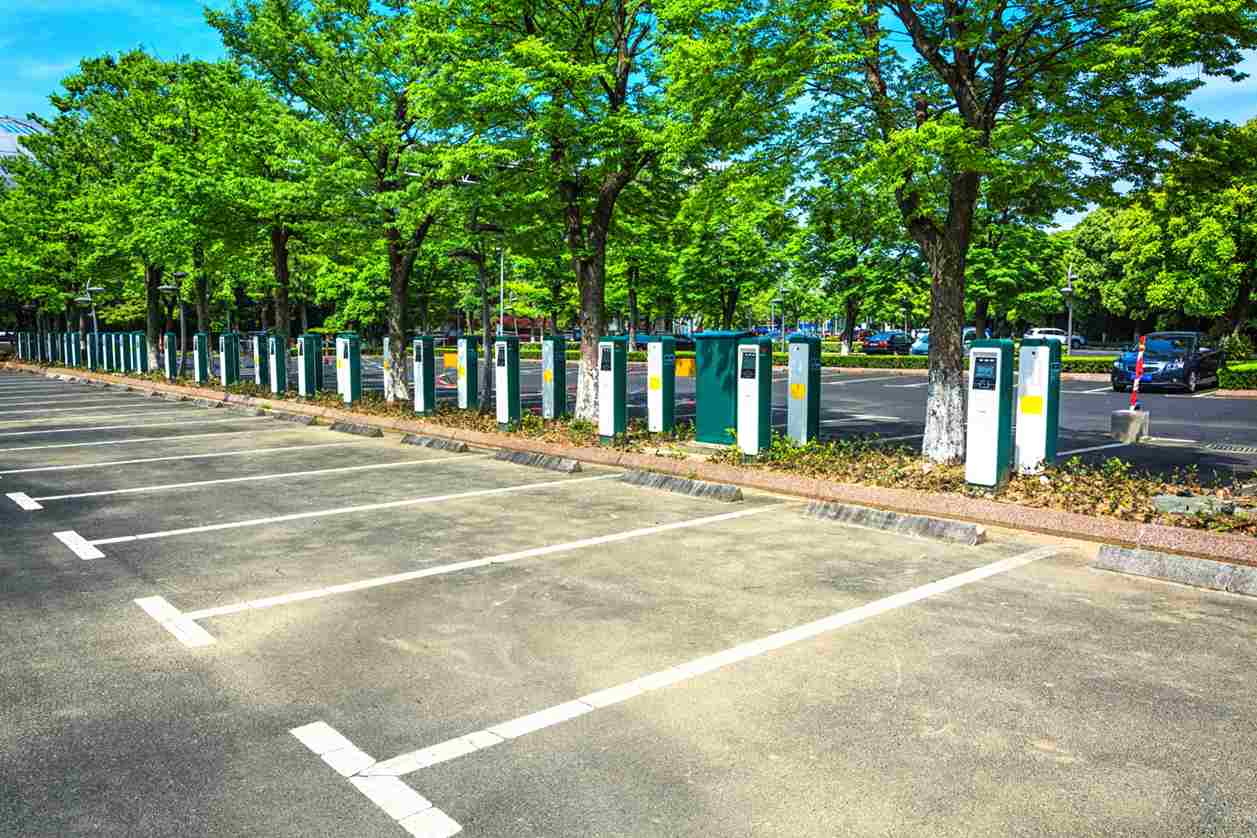- Working Hours : Mon - Fri: 9:00 Am - 06:00 Pm

Car parks are designated places to park and leave your car for some time. It’s essential for residential and commercial buildings as you can leave your vehicle there when you are inside. Car parks are not functional places only but add value to your building. Therefore, selecting suitable surfacing material is a crucial thing to focus on when planning to build a car park.
Different surfacing materials are available for car parks, each with a unique set of pros and cons. Picking the best one can be confusing, but not when you get some assistance. In this post, we will delve into the details of some top-listed surfacing materials.
Gravel is a cost-effective and aesthetically appealing option for car parks. Being available in different colours and some customisation choices, gravel can be used to add some personalisation to car parks. The process of laying down gravel is quite simple and quick. It is best for car parks of the historical sites as it blends with the environment.
However, gravel also has some significant drawbacks that you should never ignore. Firstly, the maintenance can be tricky as gravel is loosely held, and particles move around, requiring regular sweeping to remove them. Moreover, weeds can grow more often, affecting the aesthetics of parking.
Resin-bound surfacing is best if you want to replace your traditional car park with an aesthetic option. Aggregates used for this surfacing are available in different colours, allowing you to choose one that suits the architecture of the building. The resin layer makes the final product very smooth and visually appealing.
The major drawback of resin-bound surfacing is its cost, as the installation process is complex and takes more time than other types. Repairing costs in case of damage are also high. Mosses and small weeds can grow on it, impacting its appearance and causing health hazards.

Concrete is one of the most durable materials for car parks. It is a perfect choice for busy car parks as it’s strong enough to bear heavy weights and pressure without getting damaged. With a bit of maintenance, they can last for more than 50 years. It resists weather conditions, performing equally well on extremely hot or cold days.
Just like any other type, concrete too comes with certain drawbacks. One of the main disadvantages is that it is not permeable, demanding an effective water runoff management system. Concrete requires an extended period of almost 7 days to set correctly. High cost compared to other options is also a drawback of this material.
Available in different colours, asphalt is a perfect option for a durable and aesthetic car park. Its sleek finish and strength make it an ideal choice for busy car parks. The colour of asphalt doesn’t degrade over time. Resistance to extreme weather conditions and inhibiting weed growth make it easy to maintain asphalt car parks.
Asphalt is suitable for small car parks only as it starts cracking when laid on large areas. It doesn’t show resistance to water and gets damaged when soaked in rain for a long time. Its lifespan is short as compared to concrete.

For tarmac car parks, crushed stones are covered with tar, laid down, and compressed with rollers for a smooth finish. Additional tar coating makes the surface water-resistant and shiny. You can opt for some personalised colours, as it is also available in colours other than black. Easy maintenance, simple repair, and durability make this material suitable for car parks.
Tarmac has some drawbacks, as tar melts on hot summer days and gets damaged when diesel or other fuels come in contact with it. The surface becomes dull over time, and potholes can develop, damaging the upper layer. Cold weather and UV rays can cause cracks in the tarmac, affecting its overall functionality.
You can pick any of the aforementioned surfacing materials for car parks. Considering the budget, weather conditions, and requirements can help you pick the best one. Resin-bound surfacing can be the right option if your budget is high and you’re looking for aesthetics. You can go with gravel surfacing if you are searching for a cost-effective option. Tarmac is suitable for building a car park in an area where the weather remains moderate throughout the year. Asphalt is the best option for a durable and smaller car park. Concrete is the best option for a highly durable surfacing material for busy car parks. Understand your requirements before making a final call.
As the renowned driveway experts in the UK, we have a crew of skilful professionals and specialists dedicated to creating the driveway of your vision using robust surfacing materials.
Complete coverage throughout the whole of West Yorkshire

Copyright© 2024 | 1st Choice Driveways & Surfacing | All rights reserved.